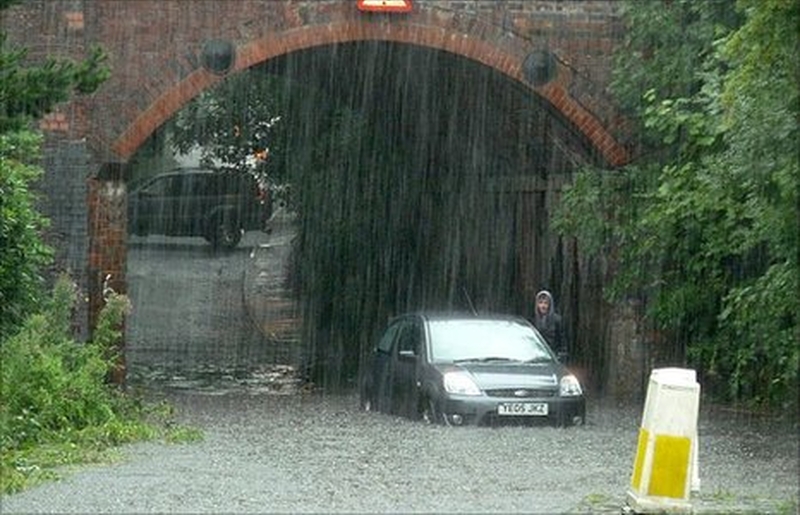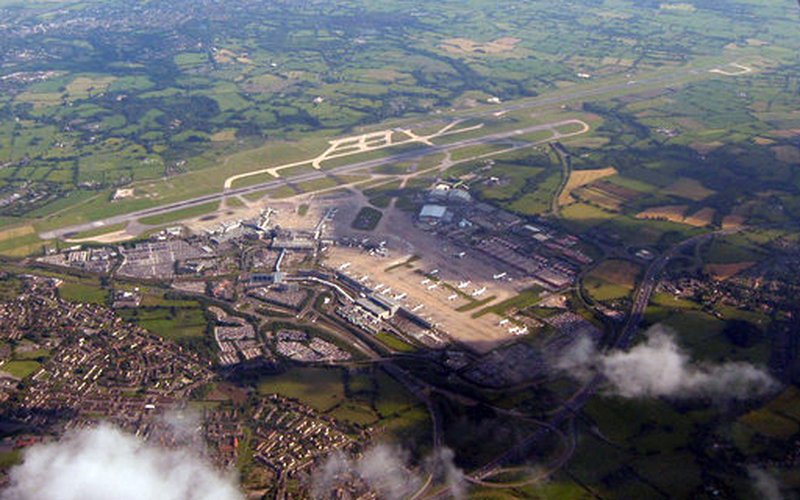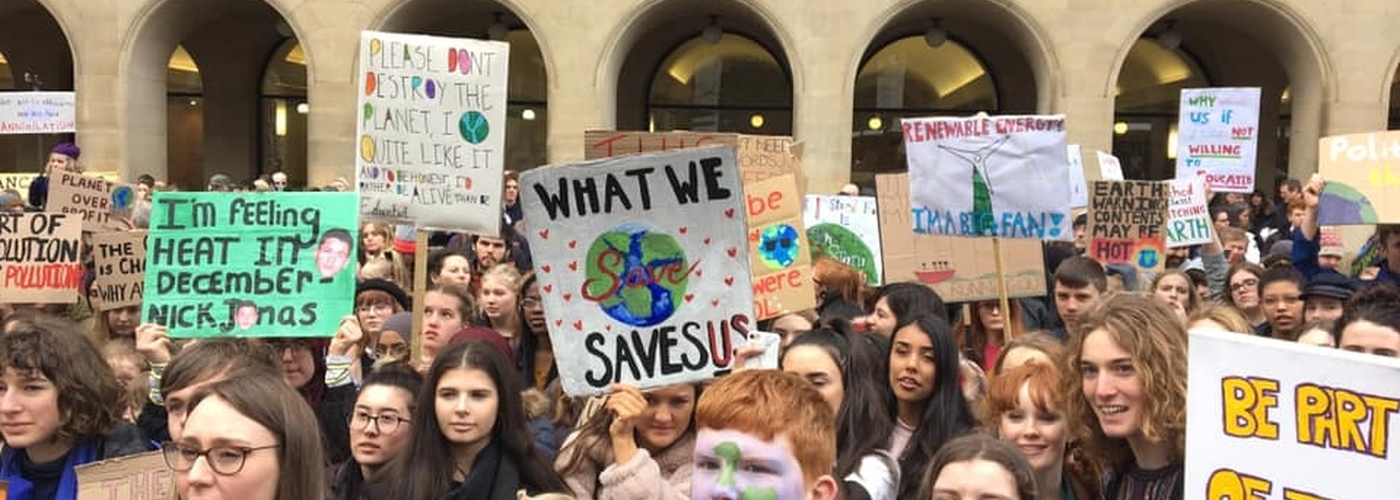Manchester City Council seems to think so...
Manchester City Council has officially declared a climate emergency. In a motion put forward by Councillor Annette Wright, Manchester City Council has now committed to putting the health of the planet at the heart of policy-making for the foreseeable future.
In an impassioned speech Councillor Wright stated, “We will work with everybody we can to reach our target of becoming zero carbon.” She received a standing ovation. The motion was seconded by Councillor Eve Holt, who said, “climate change is the most significant threat to our fair city and all she shelters.”
In November 2018, Manchester City Council adopted ambitious new climate change targets for the city: to only emit 15 million tonnes of CO2 between 2018 and 2100; to reduce CO2 emissions by 13% every year starting in 2018, and to become a zero carbon city by 2038. Andy Burnham echoed these ambitions in the Local Industrial Strategy which calls for a Green Industrial Revolution.
Climate change is the most significant threat to our fair city and all she shelters
The Liberal Democrats tabled an amendment to the motion which brings forward the zero-carbon target by eight years to 2030. The amendment follows advice from the Intergovernmental Panel on Climate Change (IPCC) who claim that after 2030, climate change will be irreversible.
Predictably, Twitter wags followed the announcement with jokes about the lessening of rain in Manchester. According to peer-reviewed journal PLoS One, on current trajectories Manchester will increase in temperature by a projected seven degrees in the warmest months (that’s the biggest increase in the UK) bringing it to the equivalent of Montevideo in Uruguay. That means unpredictable droughts followed by storms and flash floods. In 2017 flooding in Montevideo was considered so severe it was declared a international emergency and over 6,300 people were displaced. The problem of flooding was also referred to in council chambers, with a nod to those in Cumbria who lost their homes and it was noted that it was the worst off – those who could not afford adequate insurance – that suffered the effects of climate change most.

Lib Dem councillor Richard Kilpatrick, who tabled the amendment, said, "There is much more Manchester Council must do – and immediately. It must denounce and halt the Greater Manchester Pension Fund from investing more than £1bn into the fracking and fossil fuel industry which is at complete odds with our mission to save the planet.
"We owe it to the next generation to take this crisis seriously and quickly."
There was also an emphasis on the contribution of young people to the current debate, with Councillors Wright and Rahman praising their initiative and tenacity. Ishaa Asim, a member of Manchester Youth Council and Member of Youth Parliament for Manchester, spoke at the Council meeting.
Ishaa said: "We believe that by working together with our elected members and leaders, young people can influence changes and develop strategies to help Manchester citizens learn more about how they can play their part in helping our city play a leading role in tackling climate change.”
The Council meeting will be followed by a Climate Change Action Summit at the Whitworth on Friday 12 July. Pupils from schools across Manchester will be attending the summit to have their concerns heard on the issue of climate change and learn about what they can do to help the city become zero-carbon.
Though all the speeches were passionate, perhaps the most impressive moment was when the Lord Mayor asked the opposition to exercise their right of reply; “I don’t think anything needs to be added,” responded the councillor. The motion received all ayes and was declared passed to rapturous applause.
While the declaration will be welcomed by anyone concerned about the environment, there are some who worry that a public commitment to action is not the same as action itself. Manchester’s aim is to reduce carbon emissions by 13% every year. Last year it reduced by 2.5 per cent, which misses the target by a wide margin and places extra stress on the next few years to catch up.

While there is no doubt that the councillors who fought for this motion are sincere in their commitment, it is worth remembering that some of the council members have had a long time to act upon this issue and have not. One of the dangers of this kind of declaration is that it allows members of the public to think that the council now has 'everything in hand' and the pressure is off. The airport is pointed to as a major issue that still needs to be resolved. A recent decision to double the capacity of Manchester Airport is in direct opposition to the Council’s declared aims, with Councillor Wright acknowledging that “we must take into account emissions which are not 100% in our control”.
Traffic control is another sore point, with many pointing to gridlocked traffic around the city as a major source of fumes. The controversial new plans for Great Ancoats Street are also not in favour with climate activists and the current state of public transport is not doing much to encourage people to abandon their cars. Other issues include the rapid pace of development in Manchester, especially in ecologically sensitive sites.
So, the declaration of a climate emergency is just the beginning of a difficult task. As Councillor Marcus Johns put it, "there is a climate emergency, but it is not a single issue, it is about fundamentally changing our relationship with our planet and our climate. In these changes, there are economic opportunities for Manchester people—often those struggling today—and our response can help solve wider issues facing our city and our society too. This motion is a part of the work to get us there to a better future."
So what's the plan?
Action points for Manchester City Council include:
- a decarbonised economy
- generation of 'green' jobs
- retrofitting homes to higher environmental standards
- better public transport infrastructure
- protecting green space and biodiversity
- divesting the Greater Manchester Pension Fund from fossil fuels
- energy microgeneration
- holding partners to higher standards
















